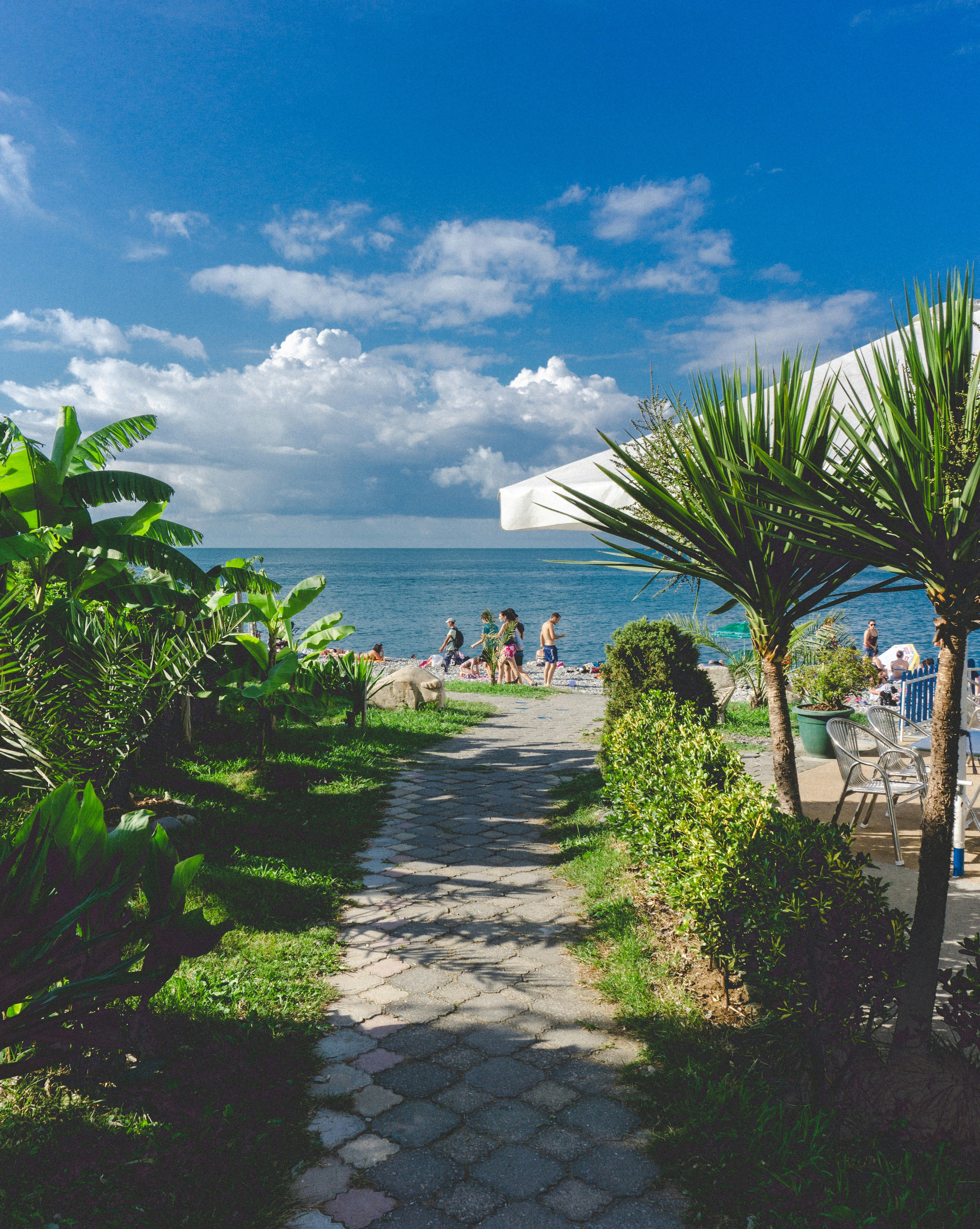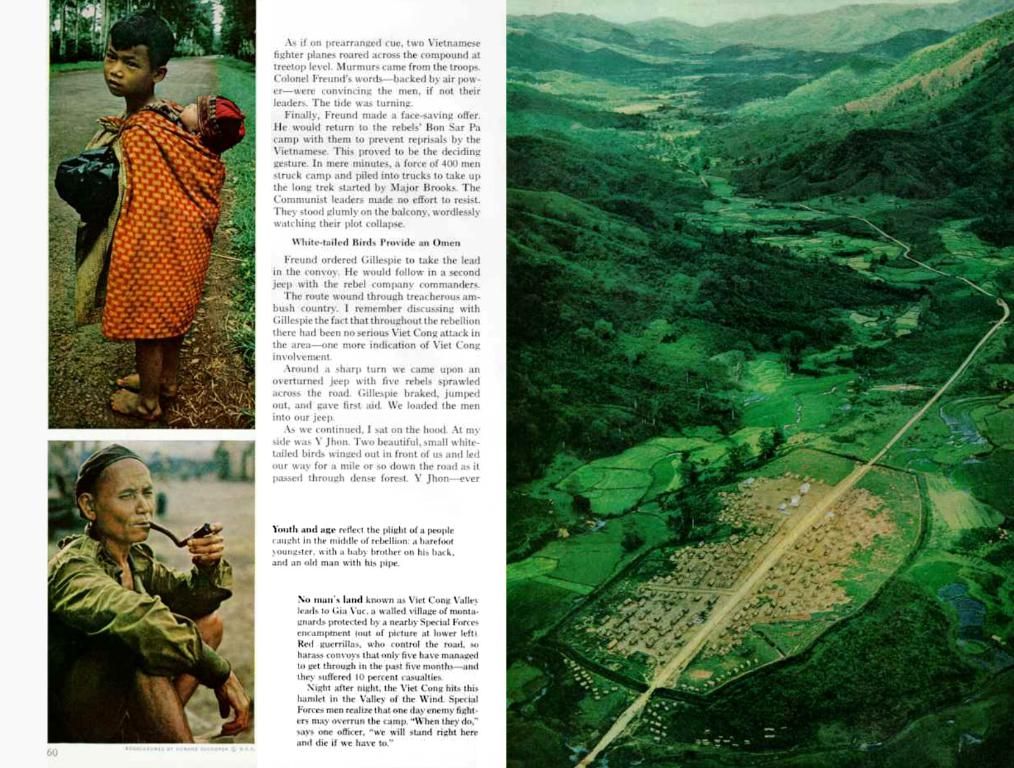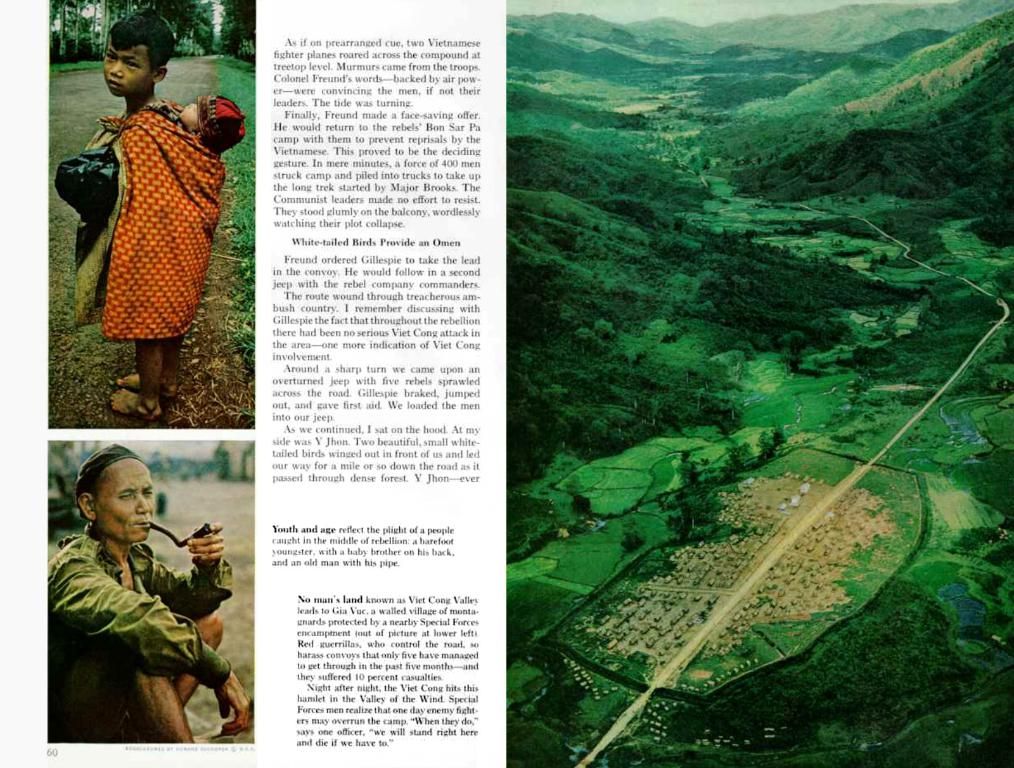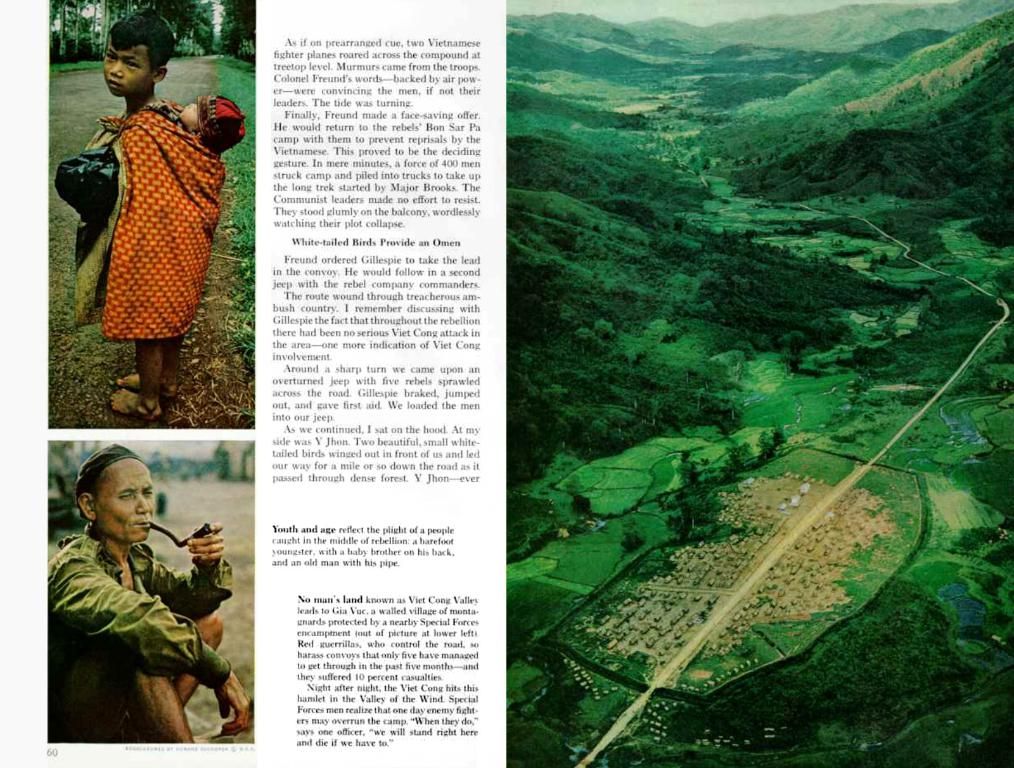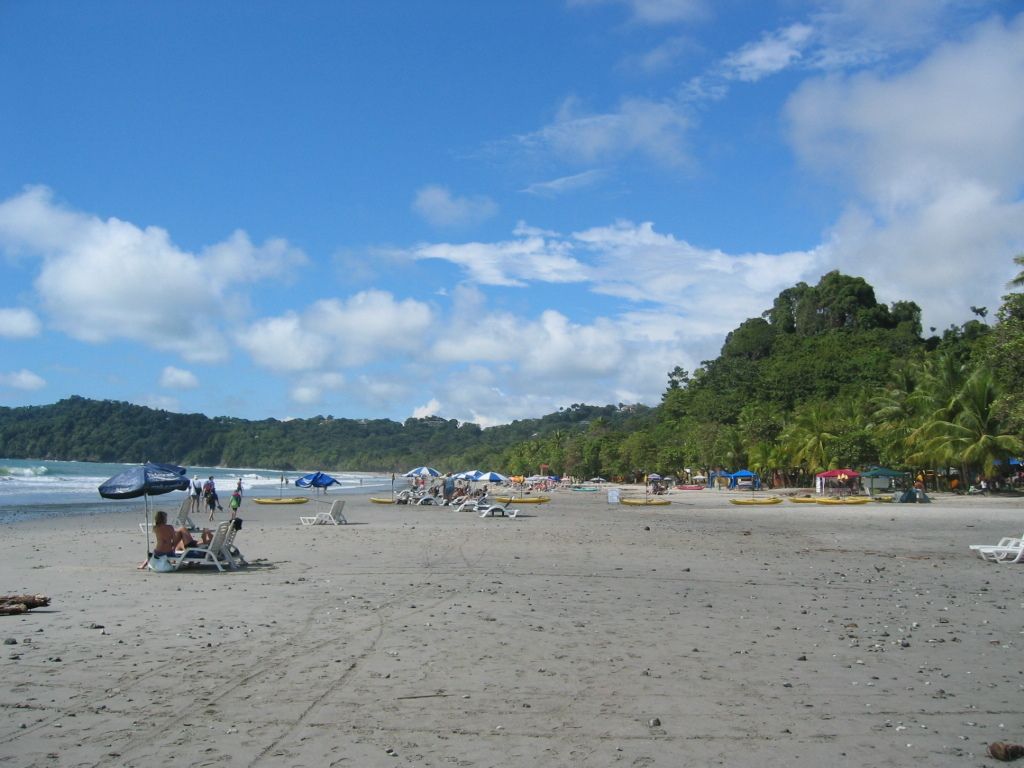Beneath the surface of their strained relations, secretive trade negotiations unfold between Azerbaijan and Russia.
Azerbaijan's rancor persists over Russia's unwillingness to acknowledge its role in the fatal shoot-down of an Azerbaijani jetliner on Russian territory, resulting in the deaths of 38 individuals. Yet, despite the lingering anger, trading considerations have not been sidelined.
The state-controlled Azerbaijani press continues to express indignation and defiance towards Russia's response to the December 25 jetliner incident. Preliminary investigations confirm that the crash was triggered by "external" metal objects, or anti-aircraft flak. In contrast, Russian media have disseminated theories about the crash that have since been debunked, while prominent Russian officials have belittled Azerbaijan's leaders for their emotional reactions.
A commentary published on February 18 by the News.az website threatened that if Russia fails to modify its diplomatic stance soon, its standing in the South Caucasus could continue to deteriorate, potentially pushing Baku towards augmenting alliances elsewhere.
In a move that received scant media attention, Azerbaijani President Ilham Aliyev, despite personal insults from Russia, opted to keep his options open. On February 11, Aliyev ratified an agreement struck in late 2024 to expand the North-South corridor, a project that connects Iran and Russia via Azerbaijan. This bilateral agreement aims to modernize road and rail infrastructure to accommodate an increasing volume of trade.
The Iran factor is central to the North-South corridor for Aliyev. On February 18, the Trend news agency reported that officials from Azerbaijan, Russia, and Iran agreed on a plan to construct the Rasht-Astara railway on Iranian territory. This announcement was made on the sidelines of the 3rd Caspian Forum. The three countries had first announced their intention to build the Rasht-Astara rail route in 2023, but progress has been slow due to financial and logistical challenges. Officials did not reveal specifics, including projected costs and construction deadlines. Iranian Minister of Roads and Urban Development Farzaneh Sadegh indicated that a detailed plan would be made available soon. Once completed, the approximately 100-mile stretch of railway will connect Astara at the Azerbaijani border to the Caspian city of Rasht, filling the missing link in the North-South rail route.
In a speech at the Caspian Forum, Azerbaijani Prime Minister Ali Asadov stated that Baku was prepared to allocate additional funds to rail projects to facilitate not only North-South but also East-West trade. He did not specify a precise amount, but emphasized that expanding Azerbaijan's trade connectivity in all directions was a matter of national security.
Meanwhile, Rahman Mustafayev, Baku's envoy in Moscow, recently met with Igor Babushkin, the governor of the southern Astrakhan Region of Russia. According to a February 17 report published by the Haqqin information portal, the two discussed ways to streamline Caspian seaborne trade. The meeting in Moscow, the Haqqin report added, demonstrated that Russian-Azerbaijani relations maintained a complex, multifaceted structure capable of withstanding challenging periods without damaging the strategic focus on expanding trade links.
- Despite the ongoing diplomatic sparring between Azerbaijan and Russia, the Azerbaijani president, Ilham Aliyev, has chosen to prioritize trade considerations, ratifying an agreement on February 11 to expand the North-South corridor.
- The North-South corridor, which connects Iran and Russia via Azerbaijan, is essential for Azerbaijan, with a planned Rasht-Astara railway on Iranian territory aiming to address the missing link in the rail route.
- In a speech at the Caspian Forum, Azerbaijani Prime Minister Ali Asadov stressed the importance of allocating additional funds to rail projects to facilitate not only North-South but also East-West trade, citing the matter as a national security concern.
- Russian-Azerbaijani relations, as demonstrated by a meeting between Rahman Mustafayev, Baku's envoy in Moscow, and Igor Babushkin, the governor of the Astrakhan Region, indicate a complex, multifaceted structure capable of withstanding challenging periods, with a strategic focus on expanding trade links.
